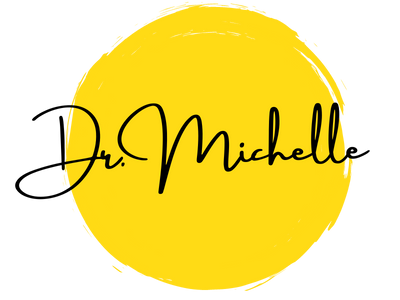Goal obstacles
Imagine that slowly unfolding desire or that stagnant goal that you focus on 24/7. It feels frustrating, right? After all, you know why it matters. You’ve created the vision board and outlined the plan. You bookend your day visualizing the goal as a reality. And, yet, you still feel scared and frustrated that you haven’t succeeded.
Many of us learned that if we believe hard enough, we should be able to accomplish our goals. It’s as if wanting it enough will show us the “right” actions to take or that achieving success is a sign of virtue.
I get it. I was stuck in that self-sabotaging mindset for a long time. It produced self-doubt because there’s a layer of shame baked into that narrative. I ended each day without achieving my goal and then berated myself for failure. None of it got me any closer to my goal. It finally occurred to me that I could use the intensity of my desire differently.
What if it wasn’t a lack of belief, but the wanting that was getting in the way?
Here’s what I mean. Focusing on what we want, and what we do not have cannot fuel innovation and creativity. It won’t inspire confidence and self-trust. When we want so intensely, we focus on the lack and that lack keeps us in survival mode. The disappointment expands the void.
Alternatively, I urge you to ditch the want and dabble in change.
Dr. Joe Dispenza outlines the process of change in his book, Breaking the Habit of Being Yourself. In short, when you set out to achieve something brand new, you become new too. You unlearn and relearn. You experience alchemy in your life as you become the person who achieves the goal. You’ve never been that person, so you need some time to get to know this version of yourself.
Change will probably feel scary because it’s this up-leveled version of you that reaches your goals, not the old lack that rattles around inside your brain and nervous system. The old ways aren’t going to bring new results, and the new ways feel risky. That’s how our brains work. I used to procrastinate out of fear of making the “wrong” decision. I played cautiously in just about every area of my life, and I was praised for it.
However, this pattern also taught me to avoid risk which is a natural part of up-leveling. The result was that I stayed small and fearful. Today, I have a much higher fear tolerance and I am proud of the work that I put into this version of myself.
This is why it’s crucial to make peace with fear and your inner critic that will have a lot to say about the changes you are making. It’s the moment when we reframe the inner critic as the sign that we are moving in the “right” direction. It is a revolutionary step for those of us socialized as women because we were often taught to cede authority to someone else.
Becoming this next version of yourself with a new narrative develops self-trust while you make steady progress toward that goal. When the focus is on our transformation, we stop the compare/despair cycle and we become courageous.
